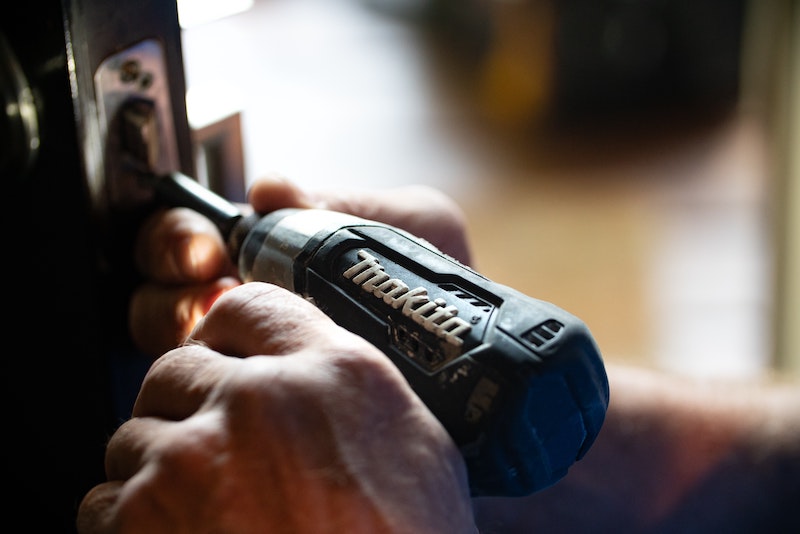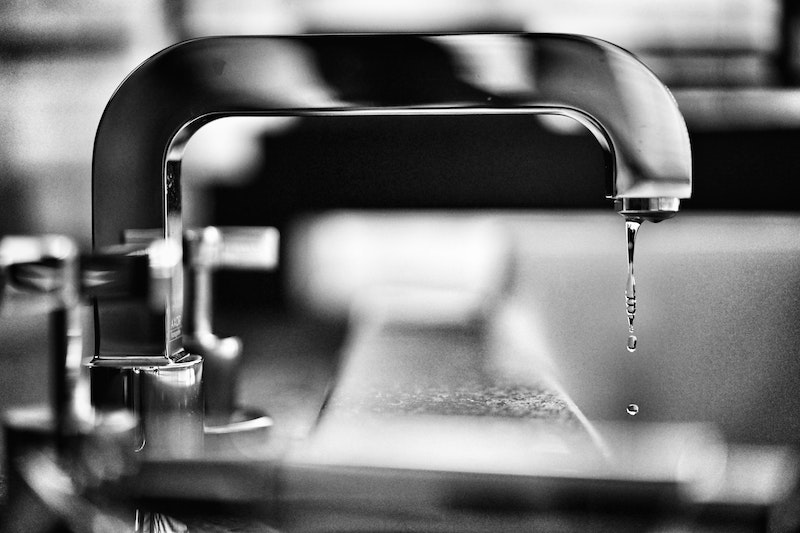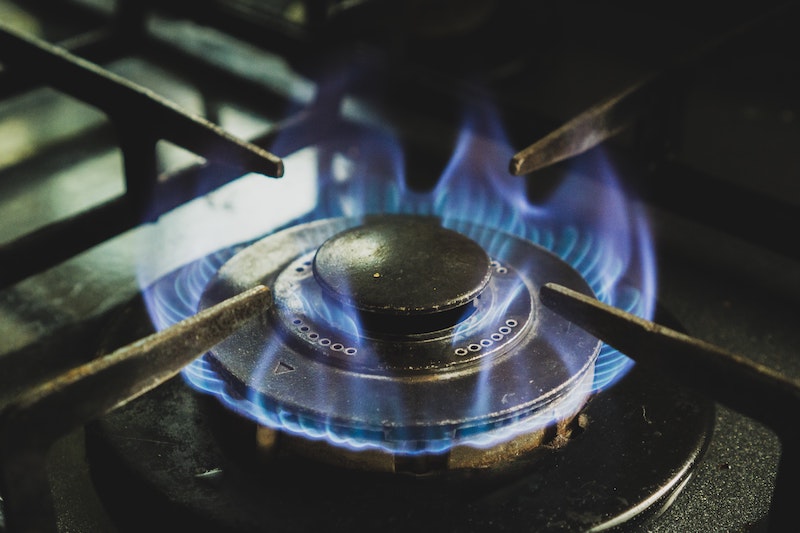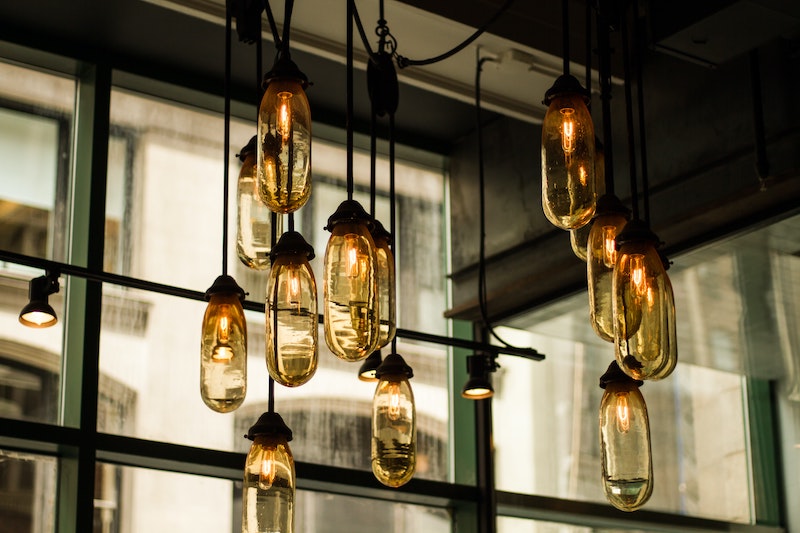
Minor repairs and preventative maintenance can help you keep your household features functioning well. With some basic know-how and a few helpful tips, you may be able to make common repairs to your essential home systems and appliances. Of course, it’s always important to exercise caution when attempting household repairs. It’s crucial to know when you can address problems yourself and when you need to contact professionals.
Fortunately, there are many times you will be able to tackle commonplace household repairs and maintenance. Many homeowners are doing just that in this time of the pandemic. Throughout the country, many people prefer and feel more comfortable tackling minor fixes themselves rather than inviting others into their homes for repairs. Here, we’ll explore some simple maintenance and repair tasks you can perform yourself. Consider that the increase in Smart Homes Technology can make life easier for people of all ages, but it can be especially beneficial to those ages 50 and older as their lifestyles change.
Plumbing and Water-Related Household Tasks

We rely on our plumbing systems to function as they’re designed to, and, most of the time, we don’t give them a second thought. However, these systems can suffer many different problems, including clogs, leaks, corrosion, and collapsed pipe sections. Sometimes it won’t be possible or advisable for a do-it-yourselfer to make the necessary repairs; however, we’ll discuss a few tasks that you may be able to tackle.
Garbage Disposals
If your garbage disposal is emitting foul odors or not functioning properly, you can often attempt simple solutions. However, there is one rule you should never forget:
- Do not reach your hands into the garbage disposal.
Even if you think your garbage disposal is disconnected, don’t reach inside it. Otherwise, you can achieve simple maintenance tasks and repairs such as:
Garbage disposal odors: to eliminate unpleasant odors, turn on your garbage disposal. Then, pour one cup of baking soda into the garbage disposal, followed by a cup of distilled white vinegar. You can also grind up lemon peels on a routine basis to help combat foul odors.
- Garbage disposal drains slowly: food debris can cause your garbage disposal to drain slowly in the same way it can lead to a slow kitchen sink drain. You can often repair this by turning off your garbage disposal and disconnecting the p-trap to drain and clean it. If this doesn’t solve the problem, the clog may be located on the branch drain that leads to the wall. Use a sink auger to clear the line, and all should flow smoothly from there.
Sinks
Kitchen, bathroom, and laundry sinks are prone to clogs. If your drain is slow or completely stopped up, you can typically unclog it by using a simple sink auger to push any debris through your plumbing system. Avoid using commercial drain cleaners as these can be corrosive to pipes even if they’re marketed to be safe.
To keep your sinks flowing smoothly, never dump grease or food into them. Use drain protectors that catch food particles or hair before they can wash down into the pipes. If you cannot clear clogs or note that multiple drains are backing up, you should contact a professional plumber as there could be a problem with your main sewer line.
Showers and Bathtubs
Hair and shampoo residue can cause plumbing problems for your shower and tub drains. As mentioned before, by using drain protectors, you can prevent hair or other unwanted particles from flowing into your plumbing system. If your shower head isn’t delivering the water pressure you’re accustomed to, it may be suffering from mineral buildup. Unscrew the faucet’s aerator, clean it, and then replace it. In many cases, this provides the ideal fix.
Also, be sure to replace old or cracked caulk. Cracked caulk can lead to moisture buildup, which can, in turn, lead to mold growth. Routine cleaning and caulk replacement as needed will help you maintain a mold-free bathroom. Similarly, keep grout clean and mold-free by using a bleach cleaning solution.
Toilets
If you experience a toilet clog, use a plunger to unclog it. If that doesn’t work, you can use a toilet auger available at any home improvement store. It’s designed explicitly for toilets and their plumbing apparatus.
Washing Machine
Washing machines can be problematic if they leak; water damage to flooring can occur if leaks are not caught and dealt with in time. A common cause for washing machine leaks are its hoses. Hoses can become loose over time or even prone to cracking. Periodically, check to make sure your washing machine’s hoses are securely connected. If you note signs of excessive wear and tear, replace the hoses.
Water Filter
If the water coming out from your tap tastes metallic, it means that it has picked up contaminants like minerals or heavy metals. A good water filtration system will be needed for this task. They remove contaminants and soften the water making it more enjoyable and less harmful.
Heating System
One of the most essential tasks to maintain your heating system is to change your furnace filter. Smaller filters should be changed every one to three months. Larger filters may be changed every nine months. Dirty filters can cause your furnace to work harder than it needs to and leaves it vulnerable to overheating, and can reduce its longevity.
Dishwasher
A dishwasher involves two important home systems, plumbing and electrical. Water and electricity are a dangerous combination, so don’t attempt to perform repairs on this appliance yourself. Instead, focus on preventing problems by scraping any food debris from dishes meticulously before placing them into the dishwasher. Also, clean your dishwasher regularly using dishwasher cleaners as directed.
Gas and Pipes (Natural Gas or Propane)

Gas is a volatile fuel source, but it’s one we rely on routinely. We won’t notice any problems with our gas lines or gas appliances most of the time, but if you do run into trouble, you should consult a professional. However, there are some things you can do to prevent gas leaks and to maintain gas appliances properly.
Stove and Oven
You can support the longevity of your stove and oven by keeping them clean. With routine cleaning of your oven and stove burners, you can often prevent the need for repairs or replacement parts. Just as easy as this weird trick to clean your oven glass door.
Dryer
To ensure that your dryer runs safely and effectively, take care to remove lint from the trap after every use. You should also remove lint build-up from the dryer’s exhaust vent. Depending on your household’s dryer use, you may need to clean out the vent every six months. Dryer lint that’s allowed to build up can prevent your dryer from drying your clothes effectively and is a fire hazard.
Electrical Systems and Appliances

Unless you happen to be a certified electrician, you should take care before attempting to fix electrical problems. However, you can follow electrical safety tips and also perform some preventative maintenance to keep these features working optimally and, ideally, avoid the necessity for professional repairs, and even without removing drywall.
Refrigerator
To keep your refrigerator operating smoothly, vacuum the dust from its coils routinely. You don’t have to perform this task every week, but you should get into the habit of checking the coils each month and vacuuming as needed.
Washing Machine
To support your washing machine’s longevity, you should never overload it. That forces your appliance to work harder than it should, which can affect its performance and shorten its lifespan.
Microwave
To keep your microwave working well, you should only use microwaveable containers when operating it. You should also keep your microwave clean. A natural and easy way to clean your microwave is to cut up a lemon and place it in a microwave-safe bowl of water. Don’t cover the bowl. Place it in the microwave and heat it for about four minutes. You’ll find that any food debris inside the unit cleans up simply and easily with a sponge–and your microwave will smell clean and lemony fresh.
Television
Keep your television away from heat and cold sources. Both hot and cold air can affect its components over time. Also, never block the top or rear of the tv; it needs proper ventilation to ensure that its components cool down after use. Keep in mind smart TV repairing is an easy feat but if you don’t take proper care it might turn out into something without a fix.
Lights

Did you know that dust can reduce the longevity of your light bulbs? By dusting your lamps and lighting fixtures routinely, you can extend the life of bulbs and save money on their replacement. Also, check your cords periodically, especially if you have pets. Any lamps with frayed wires are a fire hazard. You can rewire your lamps or replace them as needed.
Electrical System
To protect your electrical system, be sure not to overload your circuits. Also, be sure that you’re always using appliances or other fixtures with the correct wattage. Always replace electrical cords that become damaged to protect your electrical system and home.
Taking preventative measures to safeguard your home can prevent many glitches. Also, if you are a restaurant owner you can prevent major issues by following a cleaning checklist like this. Simple fixes can also ward off many expensive repairs if you’re comfortable making them. Don’t be afraid to call in the pros, however, if you need to. Never take unnecessary risks, especially with gas or electric systems. By employing these maintenance measures, you can support the longevity of your household features to get as much value from them as possible.



